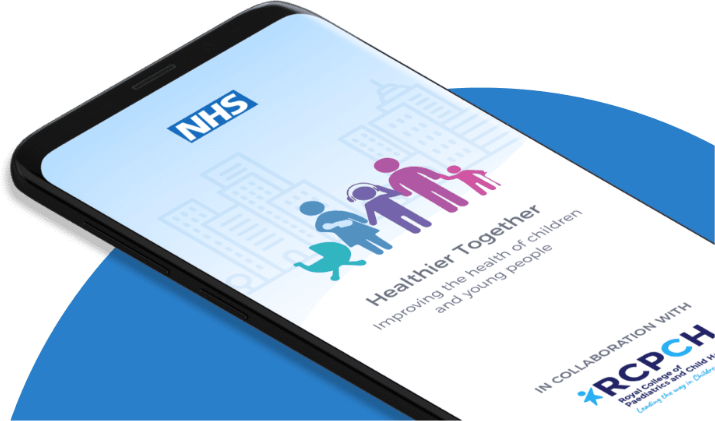Worry or embarrassment about the tic can make them worse.
Things you can try to reduce the impact of tics:
• Try to ignore tics when they happen. Drawing too much attention to a tic may make it worse
• Do not tell your child off when their tic happens
• Be aware that your child may hold their tics in (suppress them) throughout the day and let them out when they are at home
• Reassure your child that everything is OK and there is no reason to feel embarrassed
• It can be helpful for a young person’s peers to learn about their tics. This may help your child feel less pressure to hide them. Speak to your child's teacher
• Let those around you know about your child’s tics, what helps and doesn’t help
• Speak to your child's school about managing tics
Tics can be made worse if the person is stressed, nervous, anxious or excited. Tics can also be triggered by certain things which may be individual to your child for example the temperature or video games. Tiredness can also affect tics.
Prevent tiredness:
• A consistent bedtime routine helps to promote good sleep. It is helpful to get up at a similar time each day. This helps your body to maintain a regular sleep cycle
• A warm bath an hour or so before bed can help to relax your child
• Avoid naps
• Once your child is in bed encourage them to read or listen to some relaxing music. Keep lights dim. Avoid doing activities that are stimulating
• Avoid energy drinks and caffeine
• Avoid screens in your child’s bedroom for example tablets, smartphones or television
Manage anxiety:
• Exercise can reduce the intensity of the emotions felt, allowing your child to clearly deal with the issue more calmly
• Encourage your child to spend time doing the things they enjoy the most
• Breathing exercises can help calm anxiety
• Anxiety about tics can often be reduced by talking more freely about tics to others. Let others know how to respond and help your child develop self confidence






